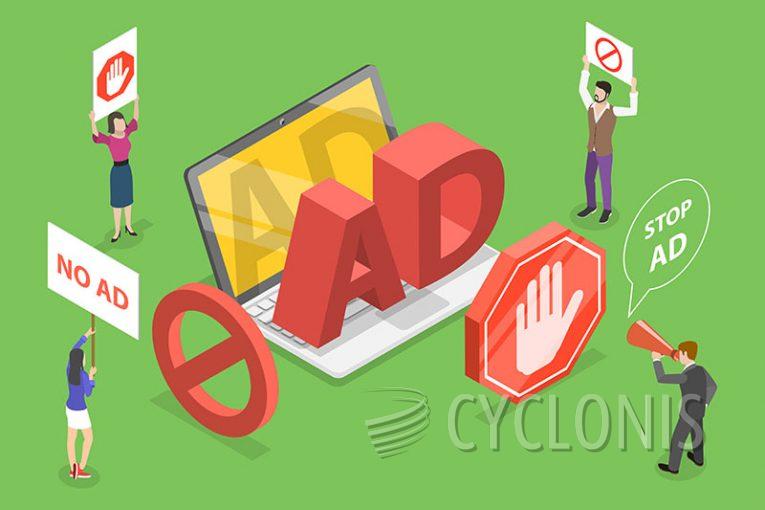Juble.click Uses False Pretenses to Push Ads

During our investigation of juble.click, we uncovered a manipulative tactic employed by the website to trick visitors into granting permission for notifications. Additionally, juble.click has the ability to redirect visitors to suspicious websites. Our encounter with juble.click occurred while examining pages associated with unreliable advertising networks.
When accessing juble.click, a loading bar and a message appear, urging visitors to click the "Allow" button in order to proceed or view the page's content. However, granting permission by clicking the "Allow" button enables juble.click to display notifications. We observed that the notifications displayed by juble.click are untrustworthy.
These notifications from juble.click prompt visitors to activate Norton Antivirus and encourage them to purchase the software. It is important to note that Norton Antivirus is a legitimate software product and is not affiliated with juble.click. It is likely that juble.click is operated by affiliates who aim to earn commissions from purchases made through their website.
Furthermore, notifications originating from juble.click can lead to the opening of deceptive web pages. These pages attempt to deceive users into revealing personal information, downloading malicious applications, purchasing counterfeit products or services, contacting fraudulent technical support numbers, and engaging in other misleading activities.
How Do Misleading Sites Use Social Engineering Tricks to Push Ads?
Misleading sites often employ social engineering tricks to manipulate and deceive users into engaging with advertisements. Here are some common tactics they use:
Clickbait headlines: Misleading sites utilize enticing and sensationalistic headlines to grab users' attention and entice them to click on ads. These headlines may promise unbelievable offers, shocking news, or exclusive content to create curiosity and compel users to engage.
Fake countdowns and urgency: By displaying countdown timers or urgent messages, misleading sites create a sense of urgency to pressure users into taking immediate action. They claim that time is running out to access a limited-time offer or to secure a special deal, pushing users to click on ads without thoroughly evaluating the legitimacy of the content.
False endorsements and testimonials: Misleading sites may fabricate endorsements, testimonials, or reviews from influential individuals or well-known brands to build credibility. These false endorsements are aimed at convincing users that the ads or products promoted on the site are trustworthy and legitimate.
Impersonation and imitation: Some misleading sites mimic the appearance and layout of popular websites or trusted brands, using similar logos, colors, and fonts. This technique is employed to deceive users into believing they are interacting with a reputable source, making them more likely to engage with the ads.
Malicious pop-ups and redirects: Misleading sites utilize aggressive pop-ups and automatic redirects to push ads. These pop-ups often employ scare tactics, claiming that the user's device is infected with malware or viruses and urging them to click on specific ads or download questionable software for supposed protection.
Psychological manipulation: Misleading sites exploit human emotions and desires to manipulate user behavior. They may use psychological tactics such as fear, greed, curiosity, or the promise of instant gratification to push users into engaging with ads without fully considering the consequences.
It is important to exercise caution while browsing the internet and be skeptical of any suspicious or overly enticing offers. Being aware of these social engineering tricks can help users make informed decisions, avoid deceptive ads, and protect themselves from falling victim to scams or malware.








